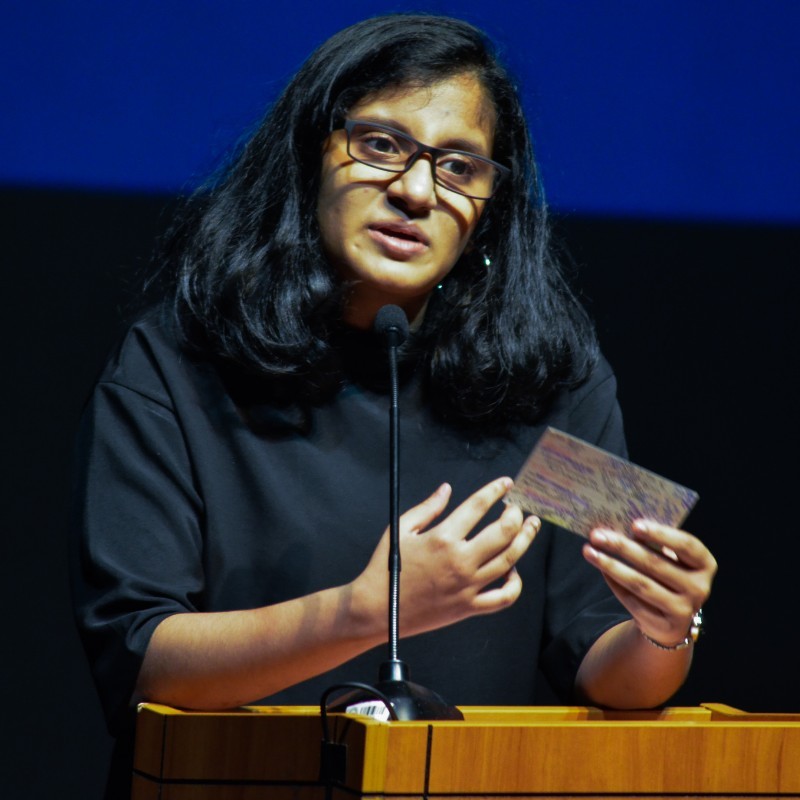A U.S. federal judge has ordered the Trump administration to immediately lift its freeze on foreign aid, following a wave of legal challenges and global condemnation. The ruling, issued by Judge Amir Ali, forces the government to resume funding for critical humanitarian and development programs that were abruptly halted in January.
The decision restores financial support for healthcare, human rights, and economic aid programs in over 50 countries, many of which were on the brink of crisis due to the funding suspension.
Background: Trump’s Foreign Aid Freeze

On January 20, 2025, President Donald Trump signed Executive Order 14169, pausing all U.S. foreign aid funding for 90 days to allow for a review of international spending. The USAID funding freeze affected billions of dollars earmarked for:
- HIV/AIDS treatment programs under the President’s Emergency Plan for AIDS Relief (PEPFAR)
- Polio and vaccine campaigns in countries still battling infectious diseases
- Human rights monitoring and democracy promotion in China, Russia, and Africa
- Anti-human trafficking and modern slavery prevention programs
The decision sparked global backlash, with humanitarian groups and foreign governments warning that millions of lives were at risk due to the sudden halt in funding.
Legal Battle: Judge Blocks the Aid Suspension
The Global Health Council, the AIDS Vaccine Advocacy Coalition, and several international NGOs filed a lawsuit arguing that the foreign aid freeze was unconstitutional and caused “irreparable harm” to aid recipients.
Judge Amir Ali ruled in their favor, stating that:
- The administration failed to justify the freeze beyond a broad claim of reassessment.
- The suspension of congressionally approved funds violated legal commitments.
- Immediate restoration of funding was necessary to prevent humanitarian crises.
“The consequences of this decision have been severe and unjustified. The law requires that these funds be spent as directed by Congress,” Ali wrote in his decision.
The Impact of the Foreign Aid Freeze
HIV/AIDS Programs Disrupted
The USAID suspension jeopardized life-saving HIV/AIDS treatments for over 20 million people worldwide, especially in Africa.
- In Zimbabwe, major HIV clinics were forced to close, leaving thousands without medication.
- The Global Fund to Fight AIDS, Tuberculosis and Malaria reported that half a million children lost access to treatment.
- PEPFAR’s work was stalled, raising concerns about rising HIV transmission rates.
Polio Vaccination at Risk
The freeze halted polio immunization efforts in regions where the disease is still present, including Pakistan and parts of Africa.
Dr. Soumya Swaminathan, WHO Chief Scientist, warned that pausing vaccination campaigns increases the risk of a resurgence of polio cases.

Human Rights Monitoring in China and Russia
USAID has historically funded organizations that track human rights violations in China and support democracy movements in Russia.
- The aid freeze forced NGOs to suspend operations, cutting off critical monitoring of government crackdowns.
- Russian officials reportedly requested lists of opposition figures who received USAID funding, raising concerns over safety.
Anti-Trafficking Programs Halted
USAID funds major programs combatting human trafficking and modern slavery worldwide.
- The funding freeze stopped support services for victims of forced labor.
- Aid groups working to rescue trafficking victims had to scale back operations.
International Reaction to the Court Ruling
Following the judge’s order, global leaders and aid organizations welcomed the decision, urging the Trump administration to comply without further delays.
- The World Health Organization (WHO) warned that any further delay could lead to a global health catastrophe.
- UK Foreign Secretary David Lammy criticized the aid freeze as “a strategic disaster”, warning that cuts to U.S. funding weaken global partnerships.
- The European Union (EU) and the United Nations (UN) emphasized that continued funding is crucial for stability in developing nations.
What Happens Next?
The Trump administration must submit a compliance report by February 18, 2025, outlining steps taken to restore funding.
However, legal experts warn that the administration may attempt to challenge the ruling or slow down implementation.
- Congressional leaders are considering legislation to permanently protect foreign aid from unilateral freezes.
- Some aid organizations are seeking alternative funding sources in case of further political roadblocks.
Conclusion
Judge Ali’s decision marks a significant legal victory for international aid organizations, but the battle may not be over.
As funding resumes, global health and human rights programs can restart operations—but uncertainty remains over future U.S. commitments to foreign aid.
For now, millions of people around the world can breathe a sigh of relief as aid flows resume, ensuring access to healthcare, vaccines, and human rights protections once again.
🔗 Stay informed about USAID updates: USAID Official Website
This article has been carefully fact-checked by our editorial team to ensure accuracy and eliminate any misleading information. We are committed to maintaining the highest standards of integrity in our content.

A senior at Yale-NUS College with interests in developmental and labour economics, as well as creative non-fiction and poetry. Currently, I’m studying as an Economics major and an Arts and Humanities minor (focusing on Creative Writing) with heavy involvement in the Singaporean journalism scene and involved in research on economic history and educational policy. I’m working as an author for The Octant, Yale-NUS’ student publication, as a writer for Wingspan, Yale-NUS’ alumni magazine, and as a tutor for the NUS Libraries Writer’s Centre. | Linkedin




